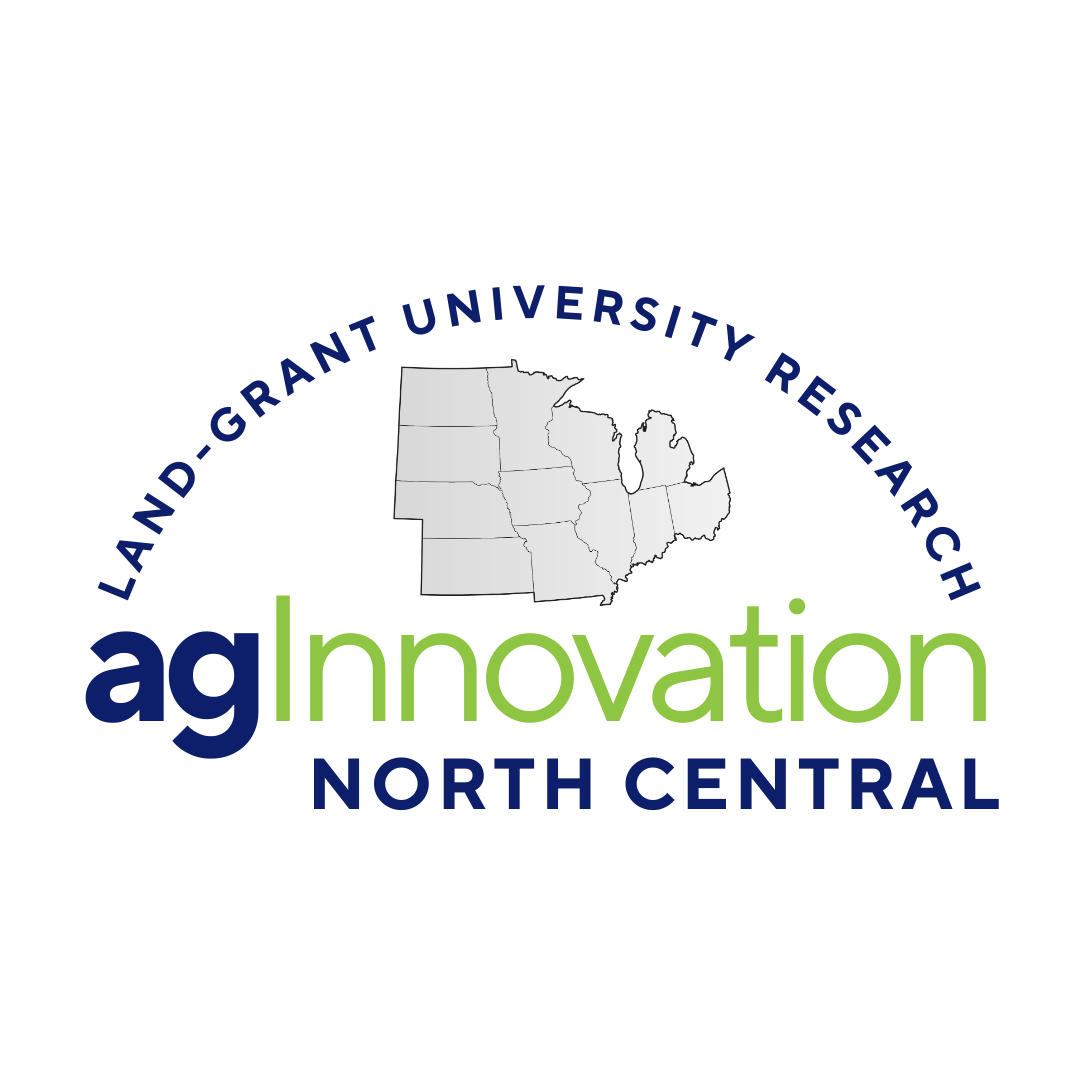
NCERA_OLD199: Implementation and Strategies for National Beef Cattle Evaluation
(Multistate Research Coordinating Committee and Information Exchange Group)
Status: Inactive/Terminating
NCERA_OLD199: Implementation and Strategies for National Beef Cattle Evaluation
Duration: 10/01/2001 to 09/30/2006
Administrative Advisor(s):
NIFA Reps:
Non-Technical Summary
Statement of Issues and Justification
The U. S. beef industry, made up of distinct segments with multiple profit centers and competition among segments, presents unique problems in developing strategies for genetic improvement. Furthermore because genetic improvement is accomplished almost entirely through the efforts of independent breeders - versus breeding companies in poultry and swine; AI studs in dairy - there is no integrated system for genetic improvement nor distinct apparent breeding goals for beef cattle. Consequently national genetic evaluation programs sponsored by breed associations have become the foundation for beef genetic improvement. The development of National Cattle Evaluation (NCE) systems - collection, analysis, interpretation and dissemination of genetic information, now involving all significant breeds, has been accomplished because breed associations pay a significant portion of the research and analysis costs via contracts with land-grant universities. (They also bear all the cost of data collection.) Also supporting NCE innovations is research from a much broader network of scientists at other universities and USDA. Results are distributed - usually biannually - to the industry via the beef breed associations. Technology adoption is exceedingly quick. The potential of this technology is enhanced through the outreach programs of research/education personnel at the breed associations and extension specialists at universities. The industry considers the NCE programs to be very successful as evidenced by the widespread use of the genetic information by the registered seedstock and commercial industries. Due to the national cattle evaluations, all breeds with developed programs have demonstrated genetic trends over time. Many of these breed associations are finding it difficult to continue such funding at the same time that demand for expanded information from industry stakeholders is growing. Therefore, close coordination among researchers and breed associations is increasingly important. This cooperation will maximize adoption of innovative applications and technologies and will minimize costs by reducing unnecessary duplication of effort. �
Objectives
-
Provide a focal point for discussion and exchange of information for the many disconnected research activities - biological, statistical, computational, economic - that support National Cattle Evaluation.
-
Develop through this exchange new tools for delivery and use of beef cattle genetic research including genomic information to breed associations and beef cattle producers.
-
Share research findings with the beef cattle industry in appropriate forums.
-
Develop and maintain a web site as a home page for National Cattle Evaluation for information developed by this committee.
-
�
Procedures and Activities
Expected Outcomes and Impacts
- An annual meeting with agenda focused on NCE will allow shared ideas and techniques to be rapidly disseminated throughout the entire NCE system. Thus the primary tool for genetic improvement of beef cattle, NCE, will have the latest developments incorporated wherever the actual evaluations are computed or by whom they are distributed. These developments will include both new traits, statistical methods and computing techniques (for cost containment) as well as innovation in and standardization of how results are presented to the beef cattle industry.
- Industry and extension representatives will ensure that the research community is aware of NCE research priorities of the beef cattle industry. Their participation will augment the out reach programs of breed associations as well as those of individual university members. Those representatives will develop and present educational materials and programs to both seedstock breeders and commercial cattlemen on interpretation and use of NCE results.
- Members of the committee are, and will continue to be, leaders and ubiquitous speakers at the annual meeting and research symposium of the Beef Improvement Federation which is the primary forum for those interested in the genetic improvement of beef cattle. The committee will co-sponsor BIF genetic prediction workshops.
- The Website will be a resource for breed organizations, producers, researchers and extension specialists and other segments of the beef industry.�
Projected Participation
View Appendix E: ParticipationEducational Plan
Information developed by members of the committee will be of critical value to the beef cattle industry and to research scientists working in the area of genetic improvement of livestock. The committee will actively disseminate information in a number of ways. Members of the committee are active in other interested organizations such as the Beef Improvement Federation (BIF) and work closely with breed associations. Information from the committee will be reviewed and discussed by BIF committees and workshops. Committee members will then make presentations at meetings such as held by BIF and breed associations. The BIF annual meeting is attended by all segments of the beef industry who have the greatest interest in information developed by the committee, including commercial cattlemen, seedstock breeders, personnel from breed associations and AI studs, extension specialists and researchers (university, USDA, etc.). The potential flow of information is as follows:
Coordinating Committee
↓
BIF Natioal Cattle Evaluation Committee
BIF Genetic Prediction Workshops
↓
Beef Improvement Federation Annual Meetings
Breed Associations
Extension Specialists
↓
Seestock Producers
Commercial Cattlemen
Organization/Governance
Officers will consist of a Chair and Chair-elect. The term of office will be one year. The chair will be responsible for organizing the next annual meeting and for coordinating meeting arrangements with the host location. The chair elect will be responsible for writing and submitting minutes of the meeting to the administrative advisor and to the website coordinator.
Literature Cited
�